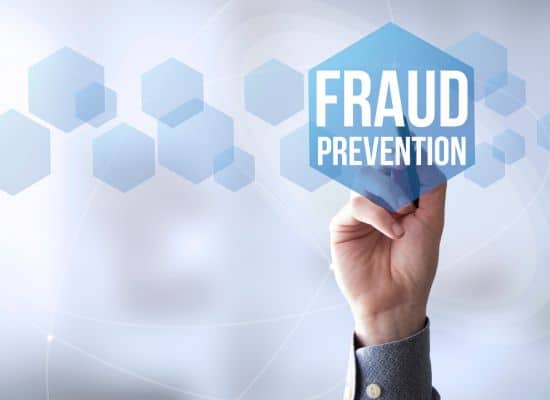Accounts payable fraud is a prevalent type of deception that targets a company’s accounts payable department, which is responsible for managing payments to suppliers and vendors. This form of fraud can be perpetrated in various ways: internally by employees, externally by vendors, collaboratively between the two or, increasingly, by outside parties aiming to redirect funds. To combat this, it’s essential to establish robust internal controls and effective verification processes.

Understanding ACH and Check Fraud Risks
ACH Fraud Risks
ACH fraud typically involves the unauthorized redirection of funds due to compromised banking information. This often occurs through spoofed emails where fraudsters impersonate legitimate vendors or senior executives, requesting updates to ACH payment details. These emails can look remarkably authentic, mirroring the email addresses or logos of the legitimate party, thus easily deceiving employees who may fail to verify the change through alternative communication channels. Another common tactic includes phishing schemes, where bad actors send an invoice that appears to be from a supplier. Once an individual clicks a link or opens the file, the attacker gains access to the system and can steal valuable information. Additionally, ACH fraud can occur if an employee uses their employer’s account information to open a personal credit card, further compromising financial security.
Check Fraud Risks
Checks, unlike ACH transactions which benefit from multiple layers of digital security, are physically tangible and thus more susceptible to fraud. Methods such as check washing, where a stolen check is chemically treated to alter the payee and amount, exploit this vulnerability. For example, a check mailed to a vendor could be intercepted or stolen, allowing a fraudster to erase and rewrite the check for a different amount or recipient. The physical handling of checks by various parties before deposit makes them particularly prone to such fraud.
Fraud Prevention Strategies
To strengthen accounts payable processes, consider the following key strategies:
1. Segregation of Duties: Implement multiple approvals and division of responsibility in both ACH and check processes to create a system of checks and balances. By segregating the tasks of approving vendor invoices, authorizing payments and sending payments, organizations reduce the opportunity for individuals to commit fraud or make unauthorized payments.
2. Verification of Changes: Validate any changes in banking information for ACH transactions through verbal communication (in person or by telephone) with a known contact. It is critical to use a phone number from an independent source rather than the email through which the ACH changes were requested. For checks, maintain vigilance against alterations, verifying directly with the sender through known, secure channels.
3. Positive Pay: Implement Positive Pay, a service provided by banks that cross-references the account number, check number and dollar amount of each presented check against a list of checks previously authorized and issued by your organization. Discrepancies are flagged for review, offering an extra layer of defense against altered, forged or unauthorized transactions. For ACH transactions, Positive Pay allows the creation of filter lists for pre-authorized electronic payments.
4. Enhanced Security Measures: Use security features on checks, such as watermarks or microprinting, and adopt multi-factor authentication and encryption for initiating electronic transactions.
5. Educate Employees: Train employees to recognize signs of fraud and adhere to secure protocols, such as verification of ACH details, to significantly reduce the risk of fraud.
6. Regular Reconciliations and Audits: Conduct periodic reviews of payment records and regular audits to detect inconsistencies and identify potential vulnerabilities.
Conclusion
Both electronic payments and checks are susceptible to distinct types of fraud. The key to prevention lies in establishing and maintaining strong internal controls, secure verification processes and a culture of education and awareness within your organization. By adopting these measures, you can better protect assets against financial fraud and safeguard the integrity of accounts payable processes. For expert guidance on accounts payable controls, CBM’s accounting advisory team is here to help. We are committed to secure, effective environments for your financial operations.
For more information, contact Dominick Bellia via our online contact form.
Councilor, Buchanan & Mitchell (CBM) is a professional services firm delivering tax, accounting and business advisory expertise throughout the Mid-Atlantic region from offices in Bethesda, MD and Washington, DC.



